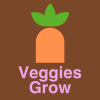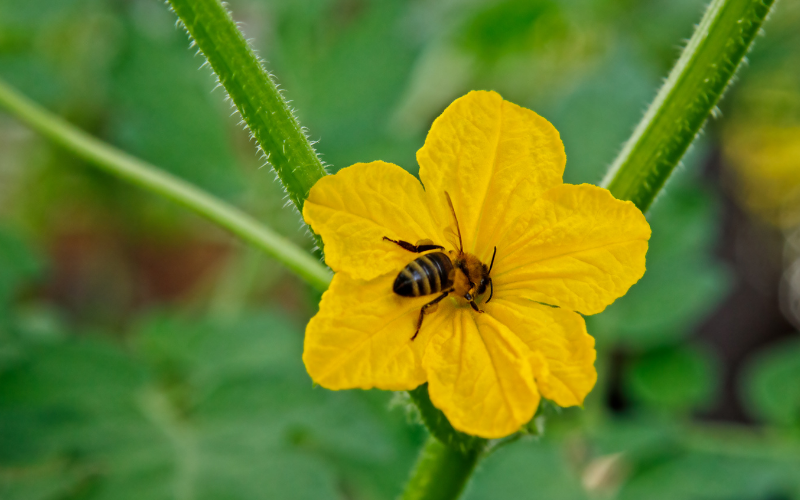Although honey, beeswax, and a number of commercially important products are produced by bees, the economic contribution made through pollination surpasses these all.
During pollination, pollen is transferred from male flowers or parts of a flower to female flowers or parts of a flower so that fertilization can take place to produce fruit and seeds.
Fruiting vegetables and bees

Fruiting vegetables, which are vegetables in which the botanical fruits are used as vegetables, all benefit from the visit of bees. Cucurbits, which include pumpkin, squash, and cucumber, produce separate male and female flowers and mainly depend on insect pollinators for pollination.
Vegetable plants that have flowers that contain both male and female parts (self-pollinating) are less dependent on insect pollinators. Despite this, pollination by bees and other insects makes it more likely that pollination happens and increases the quality and number of vegetables.
For example, tomato flowers are self-pollinating but are more likely to be pollinated and set fruit if they are visited by bees. This is because the buzzing of bee wings causes tomato flowers to release pollen. If tomato flowers are not visited by bees they will usually have to be shaken by hand to help them release pollen so that pollination happens.
Vegetable seed production and bees
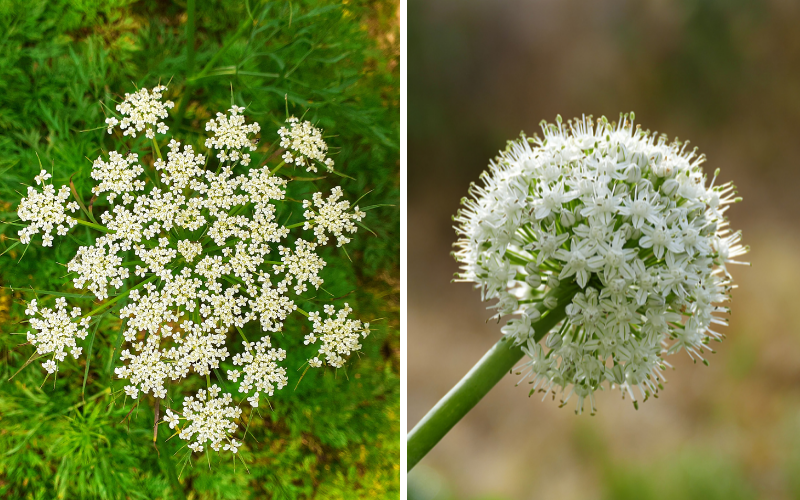
In addition to producing fruiting vegetables, bees and their pollinating activity also help produce higher quality seeds than what can be produced by hand pollination. Bee pollination is important for the production of seeds of many types of non-fruiting vegetables, including carrot, onion, leek, cabbage, and cauliflower.
The importance of bee diversity

Although the western or European honey bee is the best known and most commonly reared bee species, there are over 20,000 species of bees worldwide. Other types of honey bees, as well as carpenter bees, stingless bees, bumblebees, and solitary bees, also contribute to the pollination of vegetables and other crops.
Attracting as many types of bees into your garden, especially bees that are native to your area is important. Proper pollination happens when there’s a match between the body size of the bee and the size of the flower. A larger diversity of bees in your garden will make it more likely that you will be able to find the best pollinators for your vegetable flowers.
How do you attract bees into your garden?
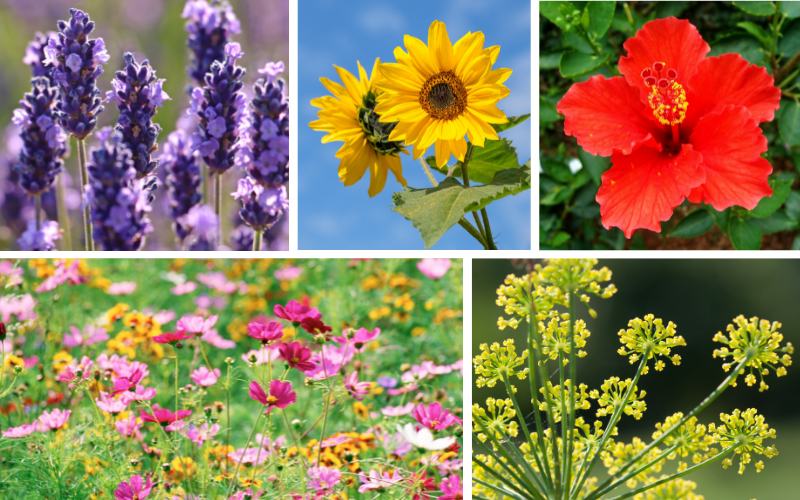
As you might expect, the best way to attract bees into your garden is to grow a range of flowers that they would like to visit and get nectar and pollen from. Plants such as lavender, aster, borage, foxglove, sunflower, hibiscus, and even banana flowers are rich in nectar and pollen and are bee favorites.
The importance of wildflowers should not be discounted. Encouraging native wildflowers to grow in a border near your vegetable garden is also helpful to attract bees. Even the flowers of some early blooming weeds, such as dandelion, can help attract bees into your garden when there are no other flowers in bloom.
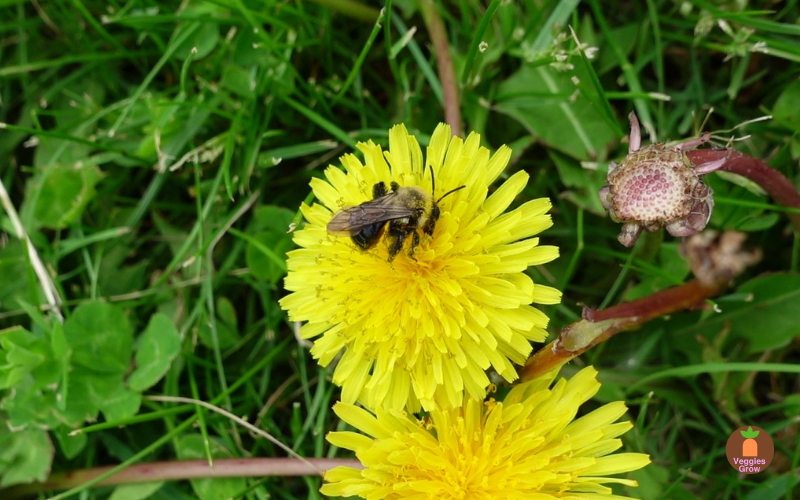
Bumble bee feeding on a dandelion flower in an urban park
Bees are also attracted to vegetable flowers themselves. If you are growing many fruiting vegetables, you may already have enough resources to attract bees into your garden. In addition, allowing herbs such as dill and fennel to flower will also help you attract bees.
Many types of bees nest in the ground, so leaving some ground in your garden undisturbed may encourage bees to start nesting in your garden itself. Alternatively, you could even start beekeeping right in your garden, if it’s something that you’d be interested in.
As always, one of the best ways to make sure that your garden is inviting for all beneficial insects, including bees, is to not use any harmful chemicals and pesticides. Using only natural pesticides will help you create a garden that is safe for bees and other pollinators.
Having bees help pollinate your vegetable plants will help you get more and better quality vegetables while reducing the amount of time and effort that you will have to spend hand-pollinating your vegetable plants, making growing a vegetable garden as easy as it should be.
Have you noticed an increase in the number and quality of vegetables after bees have visited the flowers? – Let us know in the comments below.
